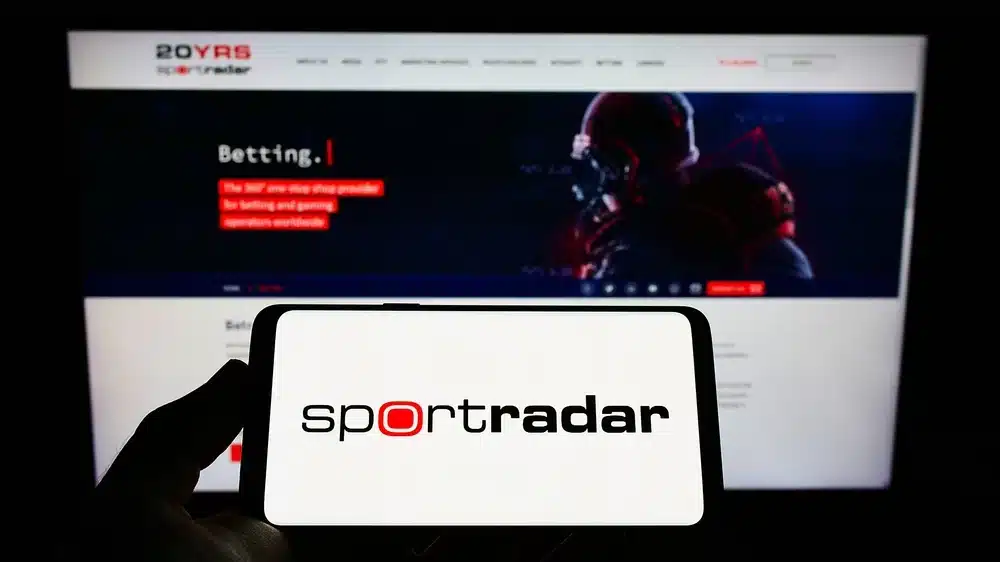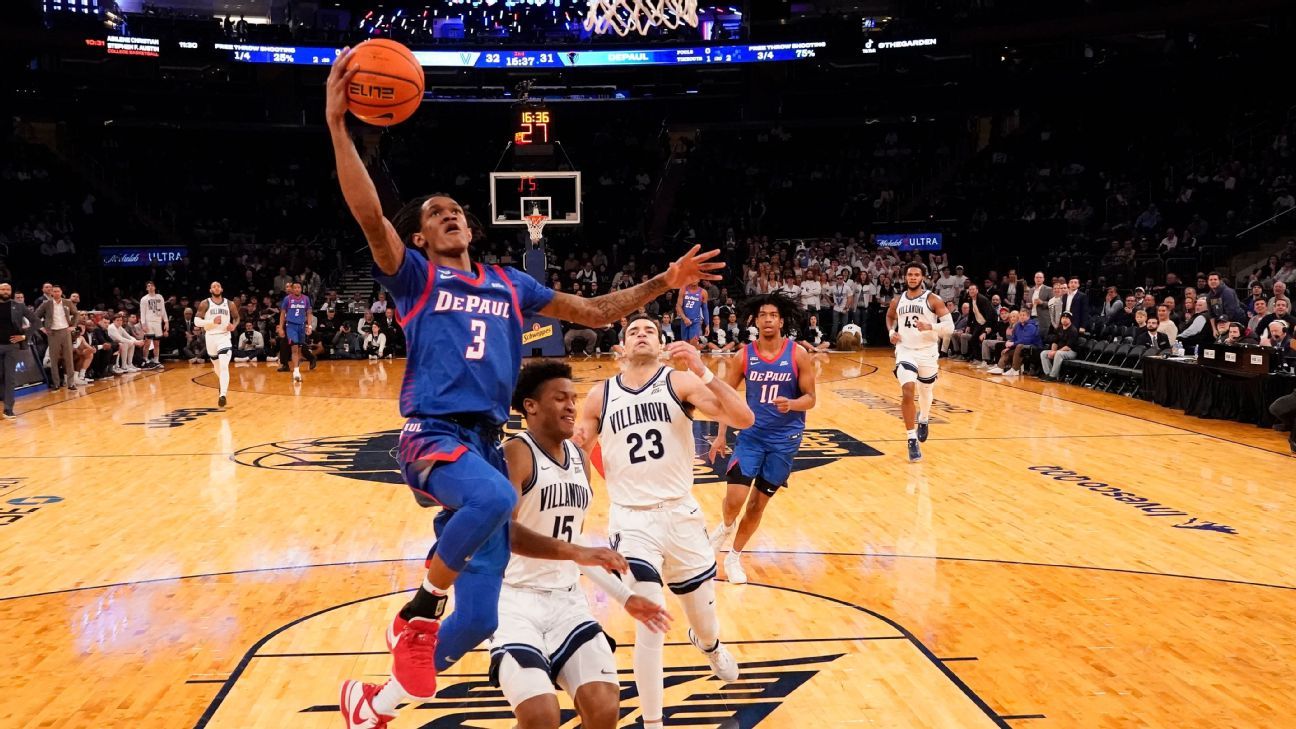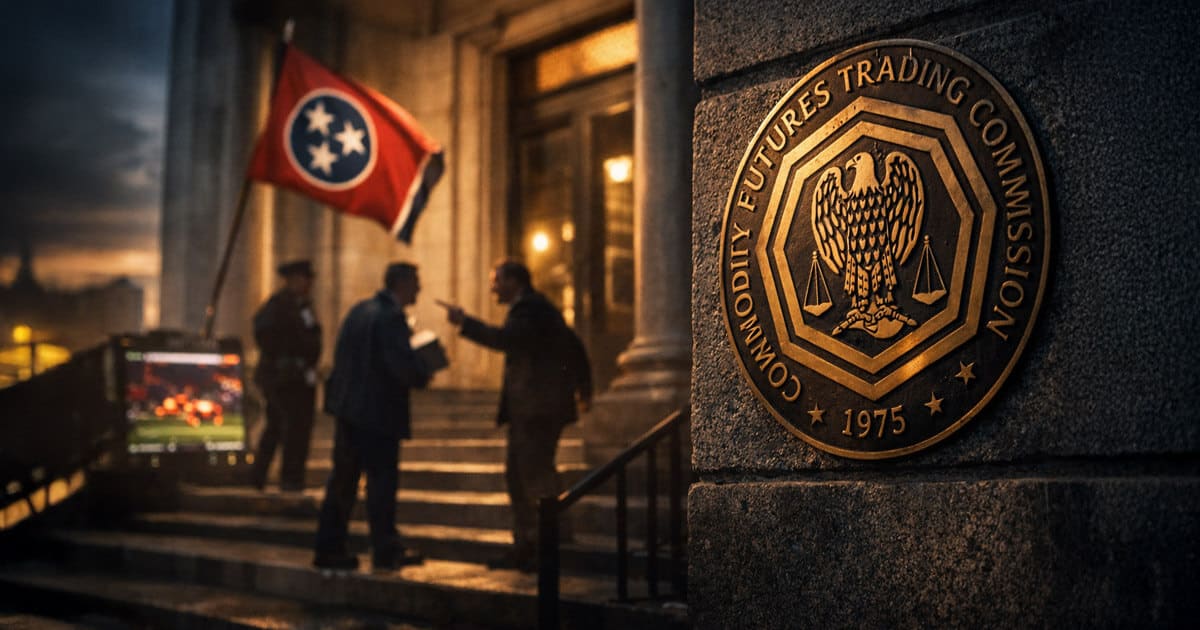
IGA: Tribes and sports betting in California

At the annual Tribal gaming conference, the Golden State’s gaming Tribes revisited the unsuccessful attempt to legalize sports wagering in California in 2022. Their victory in that costly campaign was proof, they said, that they control the future of gaming in California. Nearly a year and a half later, the historic battle over sports betting in California continues to resonate.
The fallout from the November 2022 campaign, which saw two dueling initiatives rack up the most expensive ballot measure fight in US history, was a hot topic at the Indian Gaming Association’s Indian Gaming Tradeshow & Convention in Anaheim, California in April.
Two panels about the future of sports wagering in the Golden State were held on the second day of the conference (April 9) and neither disappointed as Tribal leaders suggested the results of the 2022 election showed that they, and not online sports gaming giants like FanDuel and DraftKings, will control California’s gambling market.
As you might recall, one of the measures from November 2022 was Proposition 26, which would have legalized in-person sports betting at California’s Tribal casinos and horseracing tracks. That initiative was supported by California’s gaming Tribes. Its rival measure, Proposition 27, would have legalized online sports betting and was supported by the usual suspects: FanDuel, DraftKings and BetMGM, among others.
About $460m was raised for their concurrent campaigns, which seemed to confuse California voters. In the end, both measures failed – which is widely viewed as a political win for California’s gaming Tribes, as they were able to maintain the status quo where they dominate the Golden State gambling market and keep online gaming operators out of California.
On the morning of April 9, James Siva, the Vice Chairman of the Morongo Band of Mission Indians and the Chairman of the California Nations Indian Gaming Association, spoke on a panel with FanDuel CEO Amy Howe. The session, entitled ‘Balancing Act: Tribal Sovereignty in the New Frontier of Sports Wagering,’ was noteworthy for Howe’s concession that the November 2022 election was a “spectacular failure” for her side.
She acknowledged online gaming operators like hers “learned a lot” from the campaign and have come to recognize that the sports betting market in California will be different when it’s legalized. Most notably, she explicitly said California gaming Tribes will be the ones in charge when sports betting is finally legalized in California. Howe said, “It will be up to the Tribes when it happens, how it happens and what role” companies like FanDuel will get to play in it. Howe said sports wagering, when legalized in California, “must” run through state gaming Tribes. Said Howe, “It’s going to be different in California than in any other market… We’re pretty open to what that future looks like in the state of California.”
Howe made clear she’s not only okay with letting the Tribes run the show, but she respects their efforts to provide for future generations. That “really resonates.” She also added that “We hope and believe we can be an important ally” to the Tribes in sports betting, but also recognized that building trust with the Tribes after the election “will take a long time.” Siva, for his part, was blunt in his assessment of the situation in the first panel, telling the audience, “Tribes are the operators in California. Period.”
Siva was also firm that there is no timetable for when sports betting would be legalized in California. This past fall, two more proposed sports gaming initiatives were submitted to the California Attorney General’s office. But those efforts were ultimately abandoned.That guarantees there will be no sports wagering measure on the November 2024 ballot, leaving 2026 as the earliest California voters may consider the issue again. To be clear, California voters will have to vote on legalizing sports betting in the Golden State. Unlike in other states, legalizing sports betting in California requires a change of the state constitution, which means a vote of the people.
In the meantime, Siva said California’s gaming Tribes are having conversations about how they’d like to move forward. He said the Tribes will not always agree on everything, but they’re united in purpose. Said Siva, “We continue to have these discussions to figure out what our narrative is going to be.
”He also warned that the Tribes have long memories and won’t forget previous efforts to divide them on sports betting. Unity among the Tribes, he said, was important for them to defend their turf and ensure they remain the dominant operators in California.
He said the negotiations will take place behind the scenes and at the Tribes’ pace. They will decide when sports wagering moves forward in California. It could be in 2026, but it could be later. No outside influence will rush them, Siva said. Everyone needs to be patient.
Howe said she was content to let the Tribes work things out in their own time, although she did also acknowledge that the California market is incredibly tempting. Said Howe, “California can and should be the greatest and biggest market in the world for this, sports betting.”
To conclude the morning panel, the moderator, Jacob Mejia, Vice President of Public and External Affairs for the Pechanga Development Corporation, asked Siva what message California Tribes have for companies like FanDuel. Said Siva, “Get out of our way. We know what we’re doing. This is our industry. We know the path.” That seemed to play well with the audience, which applauded loudly. Said Mejia, “Well said, Chairman.”
Later that afternoon, a second panel was held, ‘The Future of Sports Betting in California: Timelines and Tribes.’ This session also featured Siva, as well as Johnny Hernandez, Jr., Vice Chairman of the San Manuel Band of Mission Indians; Victor Rocha, Founder of Pechanga.net and Conference Chair for the Indian Gaming Association, and Daniel Salgado, former Chairman of the Cahuilla Band of Indians.
This panel was no less blunt, as the speakers said once again that California Tribes, not online gaming operators, hold all the cards in legalizing sports betting in the Golden State. Said Hernandez, “If online sports wagering is going to come, Tribes need to be in control of their own destiny.
”Discussion during the panel opened with talk about California’s gray market for sports betting, a problem Rocha said has been blamed on the Tribes.
He said, “It seems to be the thing that people shove in our face. Like it’s our job” to fix it. However, Siva said it’s natural for people to look to California gaming Tribes to handle the gray market, because they’ve set the standard for gaming in the state.
From there, the conversation moved to the importance of unity among the Tribes, raising the issue Siva had brought up in the morning session; the fact that not all Tribes will agree on all the issues. Hernandez said it was vital for California’s Tribes not to allow themselves to be divided, as was seen in November 2022 when some Tribes supported Proposition 26. Said Hernandez, “If you divide the Tribes, we’re all doomed to fail.” Added Rocha, “We have to stay united to be successful.”
Panelists said the stakes are incredibly high, not just for California’s gaming Tribes but for all Tribes in California and all Tribal gaming in the US. California gaming Tribes share their revenue with in-state Tribes that don’t have gaming, so there’s pressure to make sure they get it right for those with less revenue. Meanwhile, Rocha said, “The Tribes in California have the opportunity to redefine Tribal gaming” with how sports betting is ruled in the state. California Tribes are generally credited with building most of the gaming market in the Golden State and they’re prepared to defend their territory at all costs.
Siva reiterated in the afternoon panel that the Tribes, not FanDuel, DraftKings or BetMGM, will be sports betting operators in California. He said they’ll likely be like slot machine vendors, but that’s for the Tribes to decide. Said Siva, “We’ll let them know what terms we’re willing to accept.”
Hernandez added that there’s a chance the Tribes won’t allow the online gaming giants into the state at all. It’ll come down, he said, to “how they act” towards the Tribes. It was hardly a subtle warning to executives like Howe.
Then again, subtlety didn’t appear to be on the agenda for the second session, as at one point Siva said Tribal interests are taking a “deep dive” into fantasy sports operators, implyig they’re looking to see if their operations are legal in California. Said Siva, “We’ll hammer them when we need to. When we’re ready.”
Still, the panelists emphasized that their intentions are to be a part of the community, not stand above it. Said Rocha, “When it’s done right, you can’t tell where the Tribe ends and the community begins.”
He also said that state government leaders need to acknowledge the sovereign power of California’s Tribes. He said one of the great frustrations in dealing with Sacramento – which will be necessary to renegotiate the compacts when sports betting is legalized – is that state government representatives don’t treat the Tribes as equals.
Instead, he said that California’s state government treats Tribes like they are Californian cities or counties, which he said disrespects their sovereign authority. At one point, Rocha lamented that Florida Gov. Ron DeSantis appears to be more accommodating to Tribal gaming interests than California Gov.
Gavin Newsom, a pointed critique as the two governors have been political rivals and proxies in the US’s great Republican-Democratic fight for the soul and control of the country. Said Siva, “There’s still this blind spot with Tribal sovereignty” in Californian state government.
Even so, the panels at IGA made it clear that California’s gaming Tribes are in control, thanks to their powerful political showing in November 2022. Speaking of Howe, Siva said, “She’s very much aware that Tribes are in the lead position. We built this industry from nothing.”
But, as Howe indicated, the market has the potential to be incredibly lucrative. Rocha wondered whether commercial operators will try to make enter the market again without the California Tribes’ permission.
Salgado said he feels the urgency to make something happen in California – and there’s no doubt that sports betting and iGaming are coming to the Golden State eventually – but felt assured that the FanDuels and the DraftKings of the world have learned their lesson. Will they try to sneak past the Tribes again? Said Salgado, “I don’t think so. We’ve put our message out there pretty clear. They understand that. They recognize that.”
Tags/Keywords
Good iGaming content works like a well-balanced system. When the math, structure, and testing align, players can see exactly where the value lies.
Players trust our reporting due to our commitment to unbiased and professional evaluations of the iGaming sector. We track hundreds of platforms and industry updates daily to ensure our news feed and leaderboards reflect the most recent market shifts. With nearly two decades of experience within iGaming, our team provides a wealth of expert knowledge. This long-standing expertise enables us to deliver thorough, reliable news and guidance to our readers.






